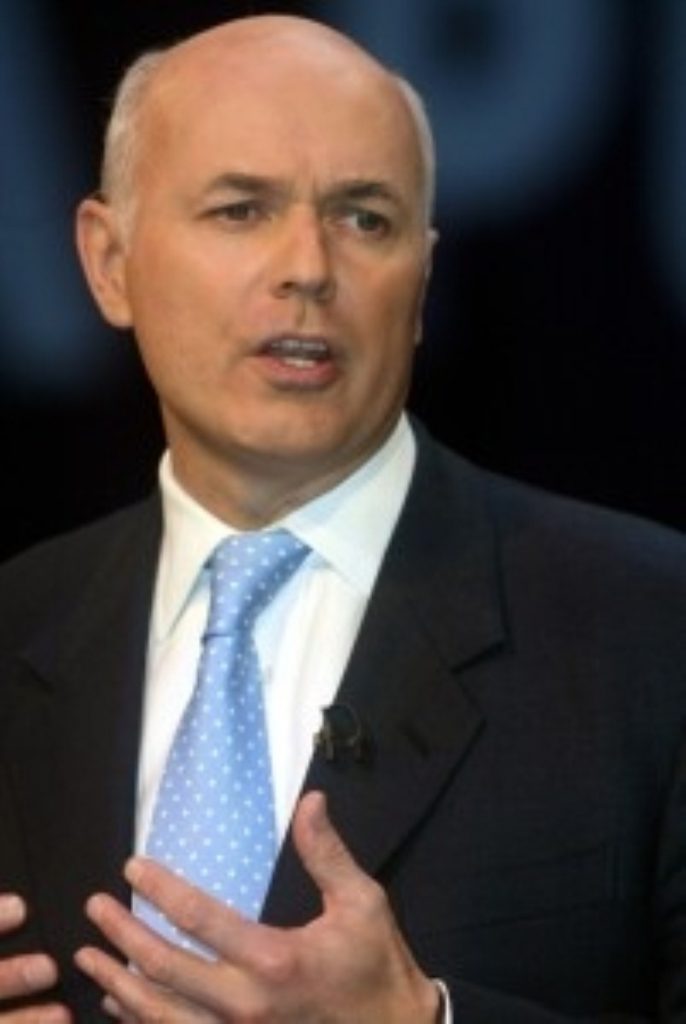Tories: Marriage is key to stability
Marriage is a key factor in whether families stay together and must not be ignored by the government, the Conservatives have argued.
The party’s social policy task force has concluded that ministers are misguided in thinking marriage should not be considered in policies for tackling family breakdown, which costs the taxpayer up to £24 billion a year.
An analysis of figures from the Millennium Cohort Study of 15,000 families finds that unmarried couples are 5.5 times more likely to split up before their child’s third birthday than married couples.
And yet the report notes that Labour has removed all reference to marriage in forms and in its policies, and has also cut funding to marriage and relationship support services. Grants now make up just 0.1 per cent of the total cost of family breakdown.


Taskforce chairman Iain Duncan Smith said the research was a “serious” attempt to establish the causes of the UK’s high levels of family breakdown.
“What is particularly interesting is the way the report shows that the government’s assumption that children’s outcomes are solely dictated by socio-economic factors is wrong,” the former Conservative party leader said.
“The structure within which they grow up and are nurtured is vital to their well-being. The government’s corresponding attempt to airbrush out references to marriage from family research is a form of censorship.”
In 2003, there were 306,000 weddings recorded in the UK, compared to 470,000 in 1970. Divorces, by contrast, have gone up from 63,000 in 1970 to 167,000 in 2004 – although the rate of marriages ending in divorce has remained broadly stable since the 1980s.
Given these figures and the new analysis, report author Harry Benson said the government’s decision to treat marriage as financially neutral – there are no tax breaks for married couples – was “untenable”.
“Married families continue to provide significantly more stable homes for their children than do unmarried families,” the report says.
“This robust finding, using a large scale up-to-date dataset, questions the validity and wisdom of recent government policy to treat married and unmarried couples alike, and abolish marital status from government forms.
“Gliding over any distinction between couple types rules out analyses based on diverse family structures which could have important policy implications.”









